Major Power Relations
Your Present Location: PROGRAMS> Major Power Relations-

Negotiations for EU top jobs 'arduous'
Negotiations on choosing the new leaders of European Union institutions will be long and arduous, as divergence over candidates for these jobs seems larger than ever.
2019-06-17 -
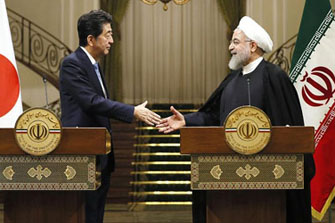
Guan Zhaoyu: Why is Abe's visit to Iran a much-needed trip?
On June 12, Japanese Prime Minister Shinzo Abe arrived in Iran for a two-day visit. His visit has attracted worldwide attention, which aimed to reduce the tension between Iran and the U.S. During his visit, Abe met with Iran's supreme leader Ayatollah Ali Khamenei and its President Hassan Rouhani. He is the first incumbent Japanese Prime Minister who has visited Iran since Yasuo Fukuda in 1978.
2019-06-14 -

Chinese netizens reject UBS apology after issuing a 'racist' report on China’s inflation
Chinese netizens were outraged on Thursday by a UBS report that used distasteful and racist language to analyze China's inflation and called for putting the Swiss bank on the Chinese Unreliable Entity List despite an apology for what it calls its “innocently intended comment.”
2019-06-14 -
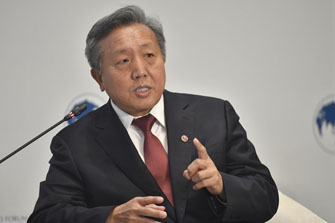
US recklessness could trigger major recession, financial crisis
The China-US trade war may be just between two countries, but its implications will be global and if it continues to escalate and expand, it could trigger a major recession and global financial crisis more severe than the one in 2008, top Chinese experts warned on Thursday.
2019-06-14 -
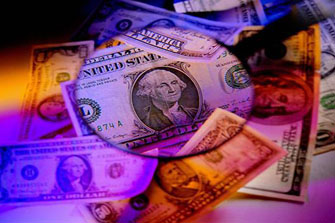
Liu Zhiqin: The US seriously distorts market economy
Many have been thinking the same questions: What kind of country is the US? Is it still a "normal market economy?" The eccentric behavior of the US has sparked people to re-examine the world's largest economy. What is its problem?
2019-06-13 -
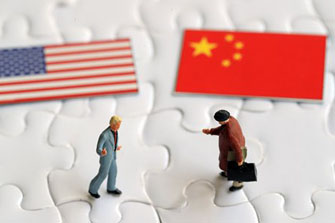
Ding Gang: US and the hierarchy of civilizations
In 1876, the US Congress had a debate on the Chinese immigrants. One side thought the Chinese immigrants should be expelled from the US while the other side believed they needed to be "tamed" in keeping with God's request. They were united by the common refrain - Chinese are an inferior race. What divided them was the approach to this Asian people - whether the Chinese immigrants should be shunned or assimilated by an attempt to change them.
2019-06-13 -

Wang Wen: China and Russia seek further cooperation in finance, education and culture
At the 6th China-Russia economic think tank dialogue and the 4th Russia-China business forum, many Russians held an active attitude toward enhancing cooperation with China and benefit from China's Belt and Road Initiative.
2019-06-13 -
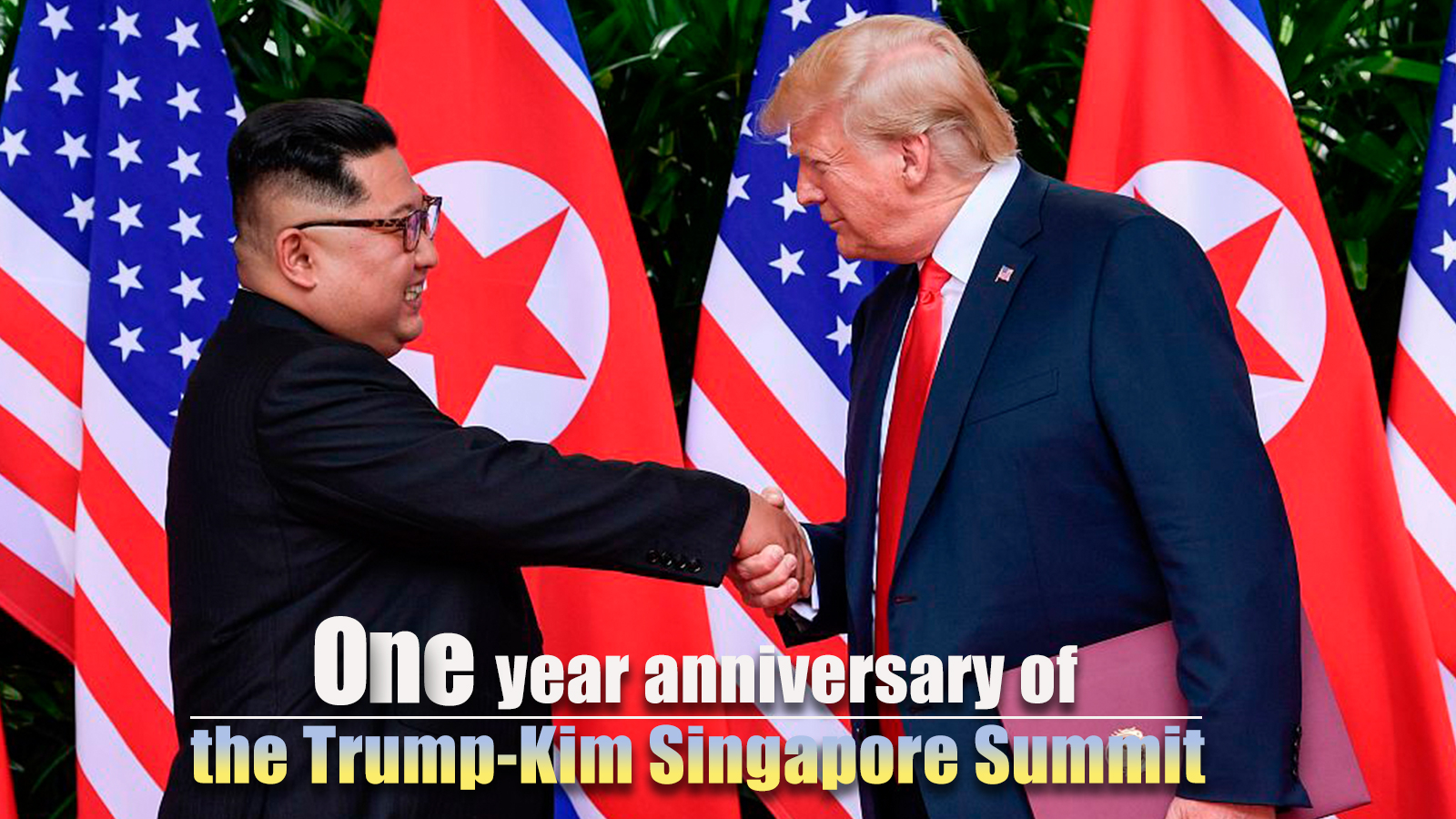
One year on, are the U.S. and DPRK closer or farther apart?
One year ago, Democratic People's Republic of Korea (DPRK) leader Kim Jong Un and U.S. President Donald Trump held a historic meeting in Singapore, taking the "important first step" toward denuclearization and peace on the Korean Peninsula.
2019-06-13 -

William Jones: China grows weary of the U.S. moving the goal posts on trade
The publication by China's Ministry of Commerce of the policy white paper “China's Position on the China-U.S. Economic and Trade Consultations” last week, coupled with China's Ministry of Commerce's research report on U.S. gains from bilateral trade cooperation on Thursday, are really China drawing a line in the sand, noting that their patience was running out with the continual shifts in U.S. policy in resolving the contentious trade negotiations. How many times have we seen the two sides approaching some type of agreement when suddenly President Donald Trump, or one of his advisers, makes some remarks about issues that remain unresolved and throws everything into turmoil?
2019-06-12 -
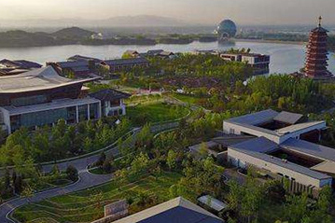
Wang Wen: China brings new confidence to the world
Dr. Wang Wen, Executive Dean of Chongyang Institute for Financial Studies (RDCY) and the Deputy Dean and Distinguished Visiting Professor of Silk Road School at Renmin University of China,was interviewed by Belt&Silkroad.com, a Indonesian website initiated by UCLG ASPAC to create a platform for communication and knowledge sharing among the people along the silk roads.
2019-06-12 -
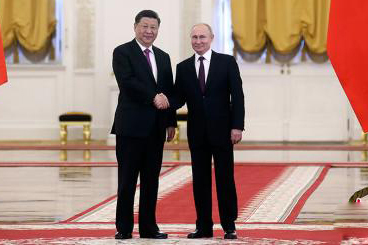
Strengthening China-Russia Comprehensive Strategic Partnership: The Necessity of Solidarity for a New Era
During the state visit, we saw that China and Russia continue to steadily push forward the possibility of such loyalty. Both sides have agreed to build close ties between the Belt and Road Initiative and the Eurasian Economic Alliance, which require more political wisdom and business plans in order to satisfy both sides.
2019-06-12 -
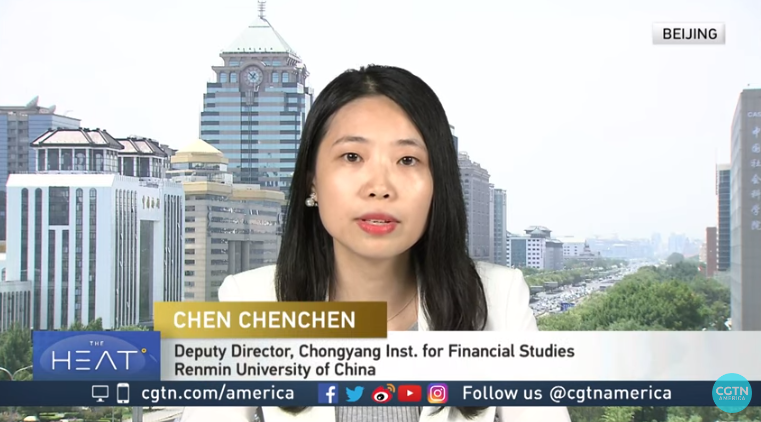
China and Russia are navigating the choppy waters of global diplomacy
From military adversaries to economic partners, and now best friends. China and Russia are navigating the choppy waters of global diplomacy, as tensions rise with Europe and the United States. Russia’s pivot to the East comes after relations with the European Union broke down following the conflict in Ukraine. China meanwhile is embroiled in a tit-for-tat trade war with the U.S. But the trade winds seem to be shifting.
2019-06-12 -
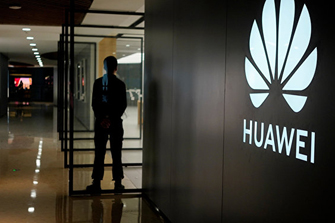
US Attitude to Maintain Its Monopoly in IT Field Is Short-Sighted
Huawei launches its own operating system by autumn. Primarily, the new operating system called OAK OS will be used in Huawei smartphones. After the US Department of Commerce had blacklisted the company, Google said that Android OS would not be supported by new Huawei devices.
2019-06-12 -
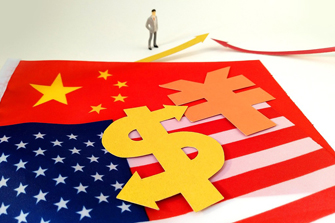
Trumpeting "America First" harms Americans first
Trumpeting "America First" rhetoric, the U.S. administration has been antagonizing major trading partners by rolling out tariffs on the grounds of being taken advantage of, but the protectionist and unilateral measures would only harm Americans first.
2019-06-11 -
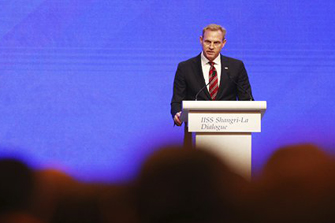
Zhao Minghao: With stepped-up plan, US takes aim at China
The Pentagon released its first Indo-Pacific Strategy Report (IPSR) on June 1. On the same day, US Acting Defense Secretary Patrick Shanahan explained the main points of this report when he spoke at the 18th Shangri-La Dialogue in Singapore which was held between May 31 and June 2. Amid an escalating trade conflict between China and the US, US President Donald Trump's administration is determined to invest more resources in implementing the Indo-Pacific Strategy, especially in the field of security, which has not only alarmed Beijing, but also unsettled most countries in the region.
2019-06-11 -
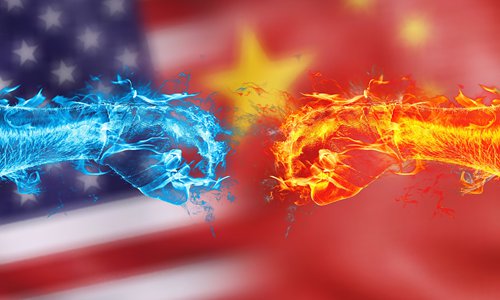
John Ross: What are China’s most powerful weapons in economic ‘prolonged war’ with Trump?
‘At least two other organizations have more power over [US financial] markets than the White House. They are the US Federal Reserve and the Chinese Communist Party. Trump does not directly control either of them.’
2019-06-10 -
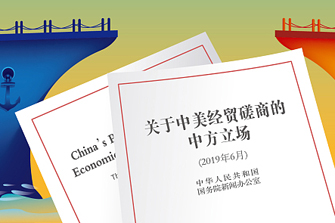
William Jones: China grows weary of the U.S. moving the goal posts on trade
The publication by China's Ministry of Commerce of the policy white paper “China's Position on the China-U.S. Economic and Trade Consultations” last week, coupled with China's Ministry of Commerce's research report on U.S. gains from bilateral trade cooperation on Thursday, are really China drawing a line in the sand, noting that their patience was running out with the continual shifts in U.S. policy in resolving the contentious trade negotiations. How many times have we seen the two sides approaching some type of agreement when suddenly President Donald Trump, or one of his advisers, makes some remarks about issues that remain unresolved and throws everything into turmoil?
2019-06-10 -
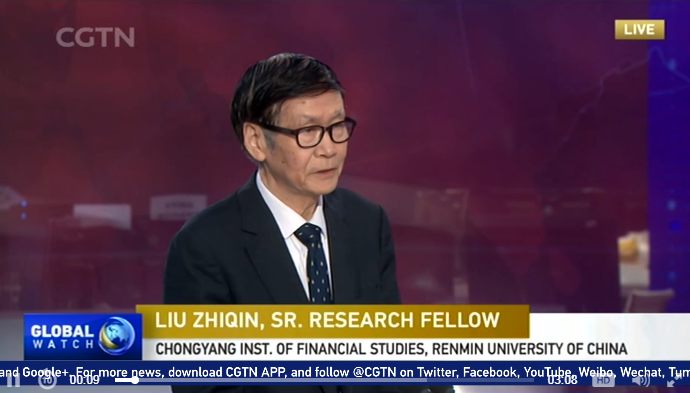
Imbalanced industrial structure cannot meet demand in U.S.
China's Ministry of Commerce has said the United States has benefited greatly from trade with China, and Beijing will soon release details about the unreliable entity list. The ministry’s latest report also highlighted two ways in which America is benefiting from bilateral trade. Liu Zhiqin, a senior research fellow at the Chongyang Institute of Financial Studies, was interviewed by CGTN, talking about the report sets the record straight about the real situation in the United States.
2019-06-10 -
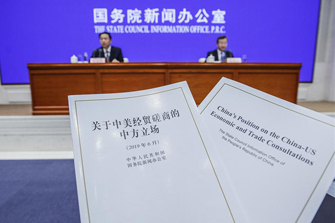
Yang Fanxin: Chinese white paper exposes flaws in Trump's 'America First' policy
"China's Position on the China-U.S. Economic and Trade Consultations" represents the authentic voice of the Chinese on their concerns over the trade restrictions launched by the United States some 15 months ago.
2019-06-10 -

Ding Gang: Nepal not a pawn in US’ China strategy
Over 200 years ago, British colonists began to march into Nepal, with China's Tibet their next target. But the era of Western expansion starting from 500 years ago is gone forever. China's policy of creating an amicable and prosperous neighborhood will offer people of Nepal and other South Asian countries more opportunities to improve their living standards.
2019-06-06
























































































 京公网安备 11010802037854号
京公网安备 11010802037854号





